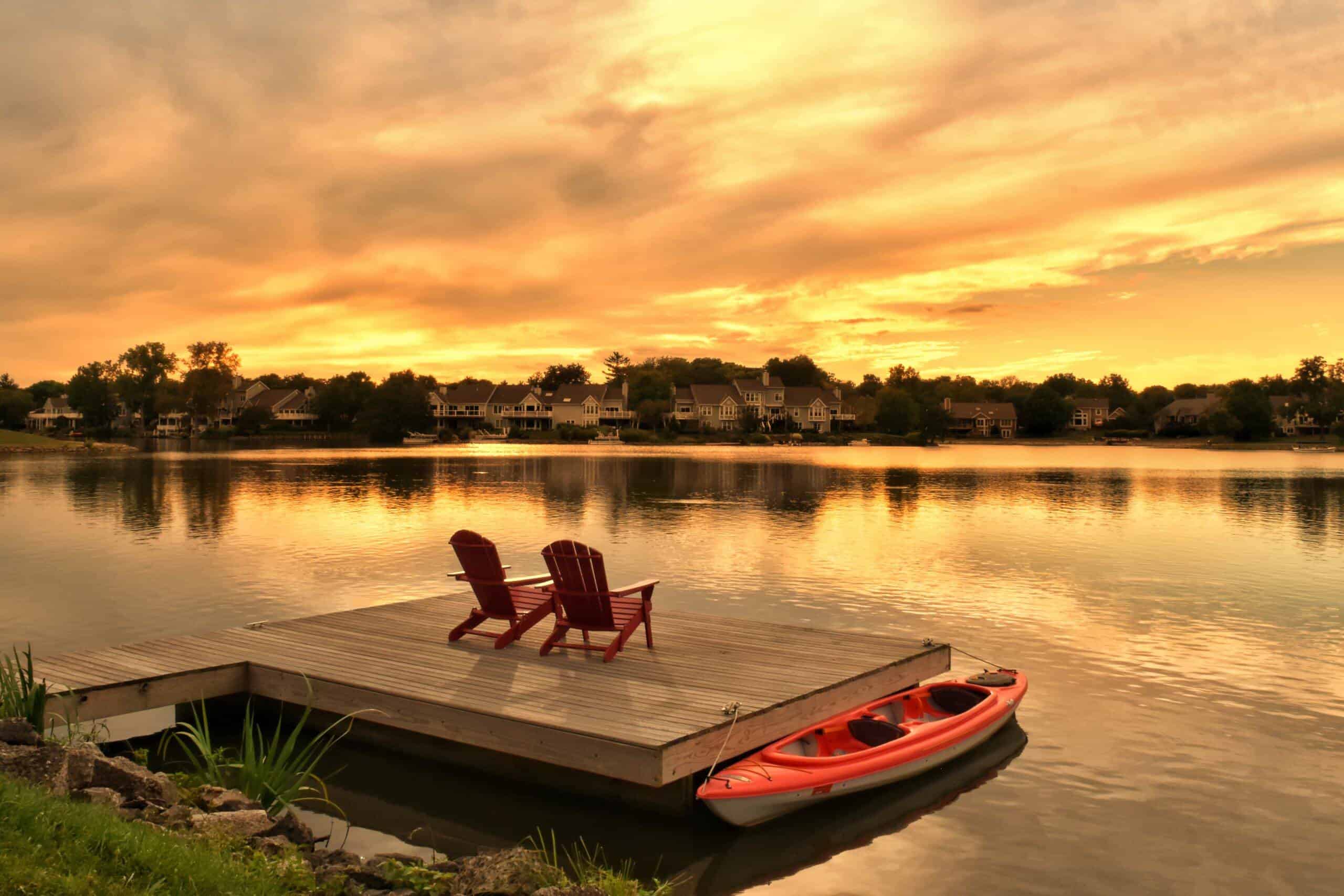Please provide your information and submit this form. Our team will be in touch with you shortly.
Most of us have a dream vacation spot. For some, it may have originated in fond memories of time spent with family at the beach; for others, the cool breezes and expansive vistas of the mountains may hold the most allure. Wherever your vacation dreams take you, it’s likely that at least once, you’ve had the thought, “What if we could just stay here? Or buy a place nearby and spend time here for part of every year?”
For many, making the dream of a vacation home into a reality can be a sound financial decision, as well as the fulfillment of a long-held wish. But as with any such undertaking, there are advantages and disadvantages to be considered. Let’s take a look at some of the financial pros and cons of owning a vacation home.
Pros.
- Diversification. Real estate can be a valuable part of any portfolio. For one thing, owning real estate is a classic inflation hedge (as most real estate agents will be quick to tell you). Also, real estate prices tend to be less correlated with the value of other types of holdings, such as stocks and bonds, which increases the effectiveness of real estate as part of a diversification strategy. Of course, not all real estate is created equal (remember: “location, location, location”), so before getting serious about purchasing a residential property for vacation purposes, you’ll want to form a relationship with a real estate professional who knows the area and who can help you avoid buying in a location with problems that might not be obvious to someone less familiar with the locale.
- Income. With the rise of AirBnb, Vrbo, and similar applications, using a second home to generate rental income has never been easier. If you’re buying property in close proximity to a desirable vacation spot, chances are others would be interested in spending time there, too. Depending on the particulars of your situation, of course, generating rental income could involve some expenses like management company fees and upkeep costs (which we’ll discuss at more length in a moment), so you should pay careful attention to the math when making your decision.
- Building your estate. Because it tends to increase in value over time, a second home can become a valuable part of your estate, one that you may wish to pass on to your heirs. If structured properly within the context of your overall estate plan, your second home, along with your primary residence, can add significantly to your financial legacy.
Cons.
- Market risk. Though real estate has historically been a consistent source of increased value, the real estate market—like the other financial markets—experiences ups and downs. If you were to find yourself in the position of needing to liquidate the vacation home in the midst of an unfavorable market, you could be looking for a buyer over a protracted period of time or possibly be forced to accept an unfavorable selling price. Any of these circumstances could take a heavy toll on your financial plan.
- Carrying costs. Any residential property requires maintenance, whether it is occupied or not. Otherwise, it begins to deteriorate. Beach homes, for example, require regular upkeep to the exterior to counteract the effects of sand, salt, and wind. A mountain cabin in an isolated area might prove more expensive to maintain, simply because of difficulty of access. And of course, any home can develop problems with the plumbing, electrical systems, HVAC, and so on. You need to ask yourself: Will your cash flow allow you to handle these costs without crimping your lifestyle? If your second home is in the care of a property manager, how will those fees (typically 8–12% of monthly rental income) affect your budget? If, like most, you bought the property with a mortgage loan, how will the payments fit into your plan? And speaking of mortgages, remember that most lenders charge more interest for a loan on a second home—typically 0.5–1% more—than for a primary residence. You’ll also need to budget for insurance, and keep in mind that some insurers are boosting premiums for region-specific risks like hurricanes and wildfires.
As you can see, there’s a lot to think about, from a strictly financial perspective. Of course, owning a home in a favorite location is not all about the numbers: it’s also about enjoyment of the place and making memories with family and friends. If, after you’ve carefully considered both the upside and the downside of buying a vacation home, you’ve concluded that the benefits outweigh the challenges, then maybe owning that second home is for you.
At Aspen Wealth Management, providing you with clear guidance is one of our core goals. We want you to have all the information you need to make important financial decisions with peace of mind. To learn more about our customized approach to financial planning, visit our website.
The opinions voiced in this material are for general information only and are not intended to provide specific advice or recommendations for any individual.
This information has been derived from sources believed to be accurate and is intended merely for educational purposes, not as advice.


